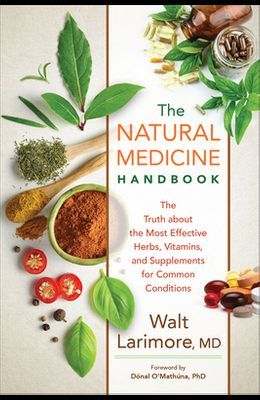
Herbal supplements have gained popularity in recent years as more people seek natural alternatives to conventional medicine. They are marketed as safe and effective solutions for various health issues. However, it is important to separate fact from fiction when it comes to herbal supplements. In this article, we delve into the truth behind these supplements and explore their potential benefits and risks.
Understanding Herbal Supplements
Herbal supplements are products derived from plants or plant extracts. They are available in various forms such as capsules, tablets, powders, or teas. These supplements can contain a single herb or a combination of different herbs. People use herbal supplements for a wide range of purposes, including improving overall health, enhancing cognitive function, boosting immunity, and alleviating specific conditions like stress, insomnia, or pain.
The Benefits of Herbal Supplements
Herbal supplements have been used for centuries in traditional medicine systems such as Ayurveda, Traditional Chinese Medicine (TCM), and Native American healing practices. Some herbs have well-documented therapeutic properties and can provide significant health benefits when used appropriately. For example, turmeric is known for its anti-inflammatory properties, while ginkgo biloba may improve cognitive function and memory.
The Limits of Research
While there is evidence to support the effectiveness of certain herbal supplements, it is important to note that the quality and quantity of research available can vary significantly. Many of the claims made about these supplements often lack robust scientific evidence. Limited research and inconsistent findings make it challenging to determine the precise effects and dosage guidelines for herbal supplements.
Potential Risks and Side Effects
Despite being marketed as natural and safe, herbal supplements carry potential risks and side effects. Some herbs can interact with prescribed medications, reducing their effectiveness or causing harmful reactions. Additionally, certain herbal supplements may have adverse effects on specific populations such as pregnant women, children, or people with certain medical conditions. It is crucial to consult with a healthcare professional before incorporating herbal supplements into your routine.
Quality and Safety Concerns
Another challenge with herbal supplements is ensuring their quality and safety. Since the supplement industry is relatively loosely regulated, it is essential to choose products from reputable manufacturers. Look for supplements that have undergone third-party testing to verify their contents and purity. The presence of contaminants or undisclosed ingredients in some herbal supplements can pose serious health risks.
Evidence-Based Use
To make informed decisions about herbal supplements, it is important to rely on evidence rather than marketing claims. Look for reputable sources, such as scientific journals or medical databases, that provide unbiased information on the efficacy and safety of specific herbs. Consulting with healthcare professionals, such as herbalists, naturopaths, or doctors with knowledge in alternative medicine, can also help guide you in making appropriate choices.
Conclusion
Herbal supplements can be valuable additions to health and wellness routines, but it is crucial to approach them with caution. While some herbs have proven benefits, the lack of comprehensive research and potential risks associated with these supplements make it necessary to exercise skepticism. Consulting healthcare professionals and relying on evidence-based information will help ensure that you make informed choices regarding herbal supplements and prioritize your overall well-being.

